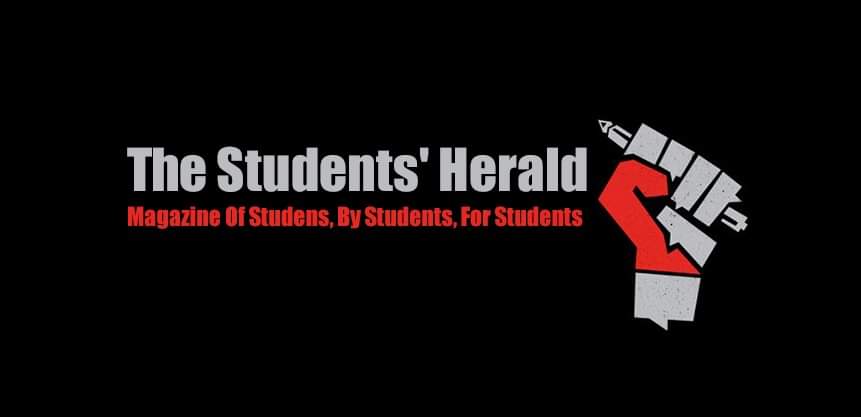 Maleeha Basharat
Maleeha Basharat
The Islamabad police just arrested trans-activist Julie Khan. She is known for her viral social media series “The Naked Truth”. She often talks about the problems that transwomen face including sexual abuse, harassment, poverty.
A month earlier, a 14-year-old Christian girl Maira Shahbaz, was kidnapped at gunpoint and forcefully married to a Muslim man Mohammad Nakash. The LHC ruled in his favor.
So when we celebrate Azaadi [freedom]; what do we mean by “Azaadi”, and from whom; for whom.
Women and the Partition
The late thirties and early forties formed a turning point in the contemporary political history of the British administered India. Life in the subcontinent was changing from daily meanderings to a heightened sense of history and ages of injustices meted out to the locals as a people. This manifested itself into massive popular protests; women did not remain impervious to the charged political landscape. They were pushed by circumstance or sentiment of nationalism to engage as victim-activists, protesters or as separatist politicians. However, the women’s identity and place in historical accounts describing her position in the ongoing struggle- more often than not- is seen to rest at being a “victim”.
In the early stages of the struggle, there was massive unrest and creation of both dissident men and women. However, men and women formed their opposition to the British rule largely in different ways. Men took to combat and leading, women to facilitate or register their support for Azaadi through popular protest. The mobilization of women became a vital element in the Muslim League’s tactics in the dramatic last months leading upto the Independence and Partition. A small group of relatively emancipated female Muslim Leaguers from the Punjab who had been at the vanguard of the anti-Khizar Unionist government, were instrumental in mobilizing to some extent the women of the North-West Frontier Province.The political awakening of Muslim women seems to be inextricably linked to the struggle for a separate Muslim state in India. The active participation by women in the Independence involves an individual struggle for many on varying planes. It demands a counterbalance of their private space of home and hearth with the public sphere of political action. It requires departing from gender stereotypes and creating a meaningful political space and dialogue for themselves. In shadows of more prominent figures like Amjad Begum, Fatimah Jinnah, Begum Shah Nawaz, Tassaduque Hussain, Fatima Sughra, there were countless women who dedicated their lives to the anti-colonial struggle and the creation of Pakistan. Theirs is a parallel story of courage and labour, a voice that invigorated the struggle but is unheard during the chants of ‘Pakistan Zindabad’. The stories of migration are oblivious to the lived reality of women of the subcontinent, who had been violently repressed and victimised for decades in all walks of life.
The Indo-Pak partition history and that of the Bangladesh partition are marred and bloodied by the bodies of the women that were used as battlefields. Sexual violence against women during armed conflict becomes the norm, as militarization and increased access to weapons result in high levels of brutality and impunity. However, violence against women during conflict cannot be separated from violence against women during ‘peacetime’, and forms of violence,such as public rape, designed to humiliate communities, only function in a context where deeply held patriarchial views permeate society. The migrating women and their bodies were seen as “war booty’ being not only a ‘reward’ for male combatants but seeking to undermine and humiliate the opposition forces. No reparation or redresses were ever made.
INDEPENDENCE TODAY
The state of Pakistan today is in the hands of the Mullah-Military alliance; a potential death sentence for any advancements in women rights and progressive policies.
The Pakistani women as well as gender, sexual and religious minorities are kept away from the developmental frontlines by mass illiteracy, economic exploitation within and outside the home, rising domestic and public violence, forced marriages, denial of inheritance and property rights. The Pakistani society, being patriarchal and largely conservative, is still not comfortable with a woman’s participation in decision making and the public political sphere.
The gender oppression and freedom from it is inextricably linked to freedom from other forms of oppression including- but not limited to-those based on class, nation and religion.
Aurat kya mangay- AZAADI !


